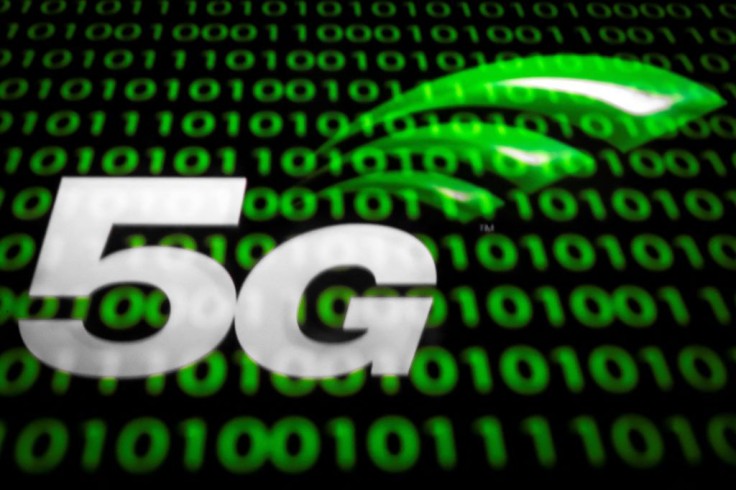What is the state of the world before 5G?
1G is the first generation of mobile technology. Its major breakthrough is the ability to use a phone in a moving vehicle or away from home.
2G brought the short-messaging layer. This is something that we can still observe in today's texting features.
When 3G was introduced, we had our chance to have network speeds necessary to launch smartphones.
Then came 4G with its high data transfer rates. This mobile technology brought us videos with less buffering. It also led to much of the connected devices and services.
Now, here comes 5G together with its transformative capabilities. How would it change our present and future?

The Benefits of 5G
Better than a than 4G LTE networks, 5G provides higher speed, lower latency and greater capacity. At present, it is considered as the "fastest, most robust technologies the world has ever seen," according to Verizon.
What does it mean for users? It means quicker downloads, and much lower lag. These capabilities of 5G will have a significant impact on how we live, work and play.
Businesses will be more efficient with 5G speed and other connectivity benefits. Consumers will have access to more information faster than ever.
One of the many benefits of 5G is greater speed in transmissions. The speed transmission can be 15 to 20 Gbps. Through higher speed, we can access files, programs and applications without having to wait. Because of the higher speed transmission, we could intensify the use of cloud. Thus, we will depend less on the internal memory.
There is lower latency when it comes to 5G. "Latency is the time that elapses since we give an order on our device until the action occurs," according to IOT Solution. Latency in 5G is ten times less than in 4G, therefore, you'll be able to perform remote actions in real time. This is beneficial in many industries as the low latency and increase of sensors make it possible to control machinery, logistics, and even surgical operation.
5G allows greater number of connected devices to the network. "All connected devices will have access to instant connections to the internet, which in real time will exchange information with each other," said IOT Solution.
The 5G technology also enables implementation of network slicing or creation of subnets that provide connectivity more adjusted to specific needs.
Read Also: 5G Smartphone Sales in South Korea Expected to Skyrocket as Year-End Approaches
How 5G Will Impact the Future
According to the Digital Trends, when it comes to what 5G technology promises, what we're seeing today is just the tip of the iceberg.
The higher speed transmission, low latency, and other capabilities of 5G are leading to many other possibilities.
True enough, the 5G that we have today offers greats things to power the kind of devices that we are using. But further time might be needed before 5G can power a new generation of smart devices.
Studies are already being conducted by researchers on how 5G can be used for autonomous vehicles, drones, and health care devices. But to make it happen, the network must be understandably be both ubiquitous and bulletproof.
With the increasing 5G capacity, perhaps there would come a day when a router would not be needed at all. Everything in your home, from gadgets to smart devices will be able to connect directly to the internet over 5G. There might be some security concerns, but solutions are being worked out already by researchers.
Soon enough, 5G will be powering up smart cities of the future.
Related Article: 5G Android Phones of 2020: Which Awesome Smart Handheld Device Suits You?









